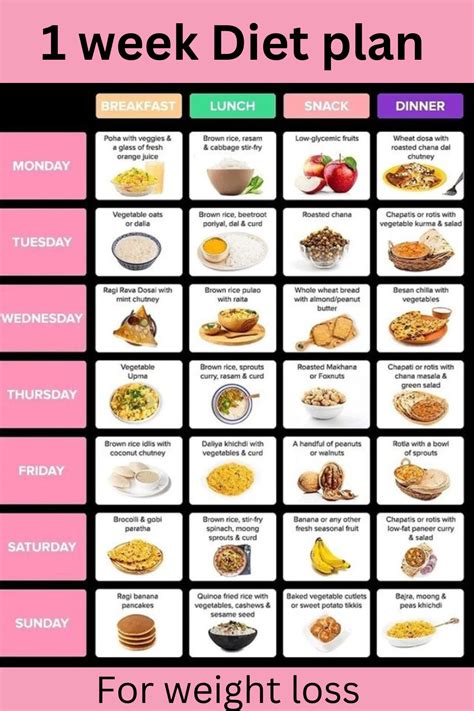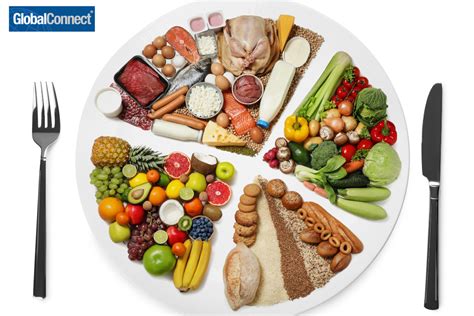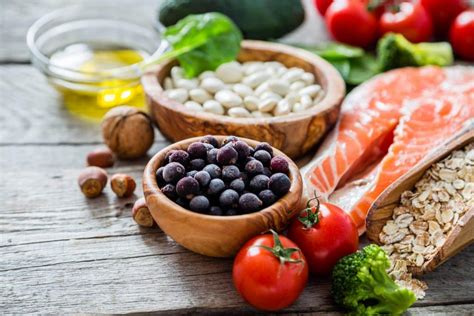What diet & exercise optimize natural testosterone for male vitality?

Unlocking Male Vitality: The Power of Natural Testosterone Optimization
Testosterone, the primary male sex hormone, plays a pivotal role in more than just libido and muscle mass. It influences energy levels, mood, bone density, fat distribution, and cognitive function. As men age, natural testosterone production can decline, leading to symptoms like fatigue, reduced muscle mass, weight gain, and decreased motivation. Fortunately, targeted dietary and exercise strategies can significantly help optimize natural testosterone levels, fostering enhanced vitality and overall health.
Dietary Blueprint for Testosterone Production
Your plate is a powerful tool for hormone regulation. A balanced, nutrient-dense diet is fundamental for supporting optimal testosterone synthesis.
1. Embrace Healthy Fats
Cholesterol is a precursor to testosterone, and healthy fats are essential for its production. Don’t shy away from beneficial fats. Focus on monounsaturated and polyunsaturated fats.
- Sources: Avocados, olive oil, nuts (almonds, walnuts), seeds (chia, flax), fatty fish (salmon, mackerel).

2. Prioritize Quality Protein
Adequate protein intake is vital for muscle repair and growth, which indirectly supports testosterone. It also helps manage body fat, a key factor in hormone balance.
- Sources: Lean meats, poultry, eggs, fish, legumes, whey protein.
3. Consume Smart Carbohydrates
While low-carb diets are popular, extremely restrictive carbohydrate intake can sometimes negatively impact testosterone by increasing cortisol (stress hormone) levels. Focus on complex carbohydrates for sustained energy and hormonal balance.
- Sources: Whole grains (oats, quinoa, brown rice), sweet potatoes, fruits, vegetables.
4. Micronutrient Mastery: Zinc, Vitamin D, and Magnesium
These three micronutrients are particularly critical for testosterone production.
- Zinc: Involved in numerous enzymatic reactions, including testosterone synthesis.
Sources: Oysters, red meat, poultry, beans, nuts. - Vitamin D: Functions as a steroid hormone and is strongly linked to testosterone levels.
Sources: Sunlight exposure, fatty fish, fortified foods, supplements. - Magnesium: Plays a role in over 300 enzymatic reactions, including those affecting testosterone.
Sources: Leafy greens, nuts, seeds, whole grains, dark chocolate.

5. Foods to Limit or Avoid
- Processed Foods & Sugars: Contribute to inflammation and weight gain, both detrimental to testosterone.
- Excessive Alcohol: Can impair testicular function and increase estrogen.
- Certain Soy Products: While debated, some studies suggest very high intake of phytoestrogens might have a mild impact.
Exercise Regimen for Hormonal Harmony
Physical activity, especially certain types, is a powerful natural testosterone booster.
1. Strength Training is King
Lifting weights, particularly compound exercises, has been consistently shown to elevate testosterone levels. Focus on progressive overload to continually challenge your muscles.
- Exercises: Squats, deadlifts, bench presses, overhead presses, rows.
- Frequency: 3-4 times per week, allowing for adequate recovery.

2. High-Intensity Interval Training (HIIT)
Short bursts of intense exercise followed by brief recovery periods can stimulate testosterone release and improve body composition.
- Examples: Sprints, cycling intervals, burpees.
- Frequency: 1-2 times per week to avoid overtraining.
3. Avoid Overtraining and Excessive Endurance Cardio
While some cardio is beneficial for heart health, excessive long-duration, moderate-intensity endurance training can sometimes elevate cortisol levels, which can suppress testosterone.
- Aim for balance: Incorporate moderate cardio (e.g., brisk walking, jogging) but prioritize strength and HIIT.
- Listen to your body to prevent overtraining syndrome, which can lead to fatigue and hormonal disruption.

Beyond Diet & Exercise: Lifestyle Essentials
While diet and exercise are primary, other lifestyle factors significantly impact testosterone.
- Quality Sleep: Aim for 7-9 hours per night. Testosterone is primarily produced during deep sleep.
- Stress Management: Chronic stress elevates cortisol, which can lower testosterone. Practice mindfulness, meditation, or hobbies to reduce stress.
- Maintain a Healthy Weight: Excess body fat, particularly around the midsection, can increase the conversion of testosterone to estrogen.
Conclusion
Optimizing natural testosterone for male vitality is not about quick fixes, but a holistic commitment to a healthy lifestyle. By strategically adjusting your diet to include nutrient-dense foods and healthy fats, and incorporating a balanced exercise regimen rich in strength training and HIIT, you can significantly support your body’s natural hormone production. Coupled with adequate sleep and stress management, these practices form a powerful foundation for enhanced energy, mood, strength, and overall male vitality. Always consult with a healthcare professional before making significant changes to your diet or exercise routine, especially if you have underlying health conditions or suspect you have low testosterone.










